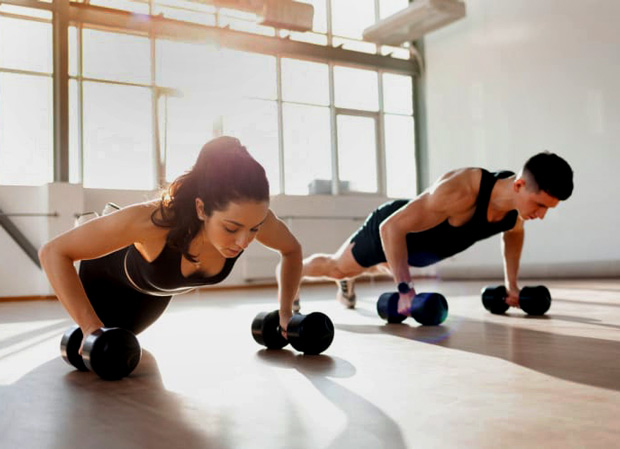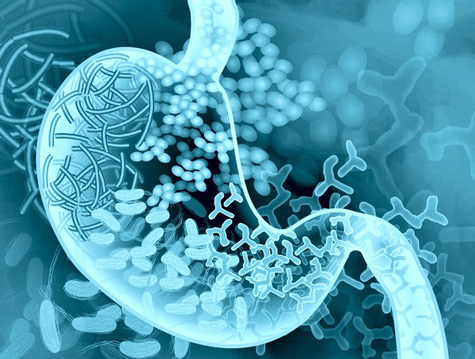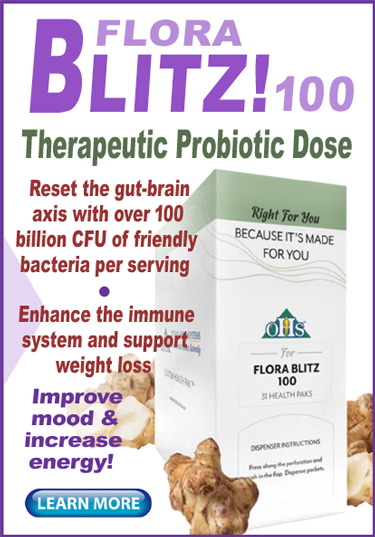Of all the supplements athletes reach for to increase performance, probiotics probably aren’t even on the radar screen. But according to research they should be, especially when participating in high intensity exercise.
Probiotics—also known as flora or friendly bacteria—have been long recognized for reducing inflammation, supporting nutrient absorption, and protecting against oxidative stress. All of these attributes have been shown to help athletes recover faster and lessen the chance of getting ill.
But now, in a new twist, researchers in Serbia and Spain have demonstrated how these probiotic benefits extend to boosting performance—not just as a long-term secondary health benefit, but almost immediately.
Study details
Using a specific probiotic strain, Lactobacillus plantarum, the researchers conducted a randomized, double-blind, placebo-controlled, parallel study that included 22 physically active individuals.
During the 30-day trial participants continued their three-times-per-week exercise regimen while taking a daily supplement containing 10 billion CFU of probiotics. Half of the participants served as the control group and were administered a dextrose-based placebo capsule.
After completing each strenuous exercise session, participants immediately reported their perceived exertion and provided blood samples for analysis. The analysis included two measurements: Intestinal damage markers and oxidative stress indicators.
After 24 hours, the researchers evaluated the athletes’ recovery status and performed a battery of sports performance tests.
The tests included the counter-movement jump, running-based anaerobic sprint test, and a fitness test designed to assess an individual’s ability to repeatedly perform high-intensity aerobic work (known as the YOYO IR1 test).
Results found that the probiotic group showed significant improvements in the YOYO IR1 test, suggesting enhanced aerobic performance.
Moreover, one of the oxidative stress indicators known as TAC level showed significant oxidation in the placebo group while remaining stable in the probiotic group.
The mechanisms that make it happen
The researchers detailed how exercise forces the body to divert blood to active muscles, lungs and the heart.
This diversion is essential, but it reduces blood flow to the intestines and compromises the integrity of intestinal epithelial cells.
This disruption can damage the tight junctions between cells, which allows harmful substances to pass through and trigger inflammation and oxidative stress. Oxidative stress occurs when destructive reactive oxygen species outweigh the antioxidant defenses.
While reactive oxygen species are byproducts of the normal metabolism of oxygen—and are present at low and stationary levels in normal cells—they can cause irreversible damage to DNA as they oxidize.
High-intensity training increases oxygen consumption and the production of reactive oxygen species. Over time this can damage proteins, alter their structure, and weaken muscle contractions.
This demonstrates why the same exercise regimen that is beneficial for the long-term can actually weaken the immune system in the immediate short-term.
According to the researchers, observational studies have long suggested that probiotics may help counter the negative effects of strenuous exercise; however, no randomized placebo-controlled study has examined how probiotics protect against exercise-induced intestinal damage, or how they enhance short-term performance.
The researchers also theorized that most probiotic strains would provide similar performance improvements, but said such claims cannot be generalized until individual strains are further tested. For this reason, expanded studies are planned.
The study was published in the Journal of Functional Morphology and Kinesiology in April 2025.
– – –
Optimal Health Systems offers a number of probiotic products to meet all your probiotic supplement needs. Click links below to learn more.
• Optimal Flora Plus
• Optimal Flora Blitz 100
• 21-Day Blitz Challenge Package
• Exposure Protection Pack
– – –
Sources: Journal of Functional Morphology and Kinesiology, JustAPedia.org.



